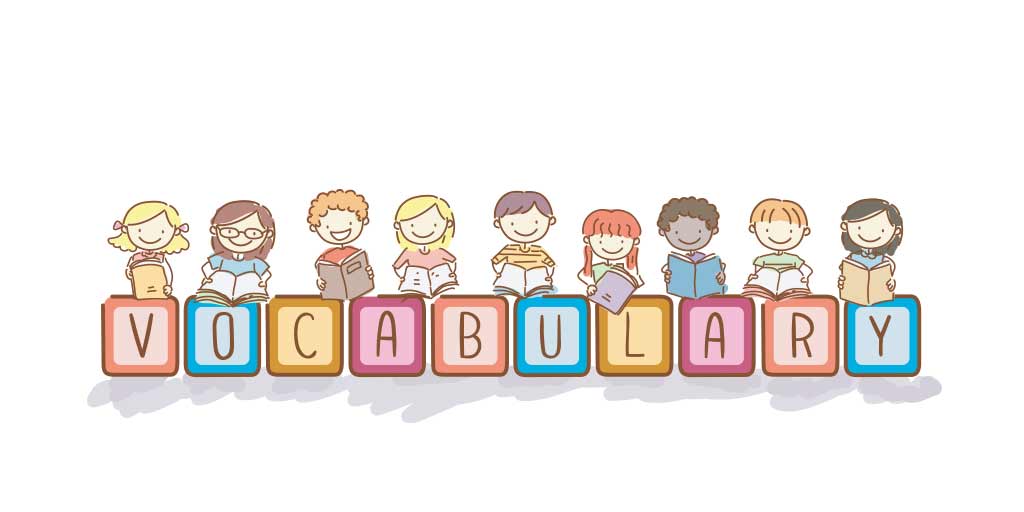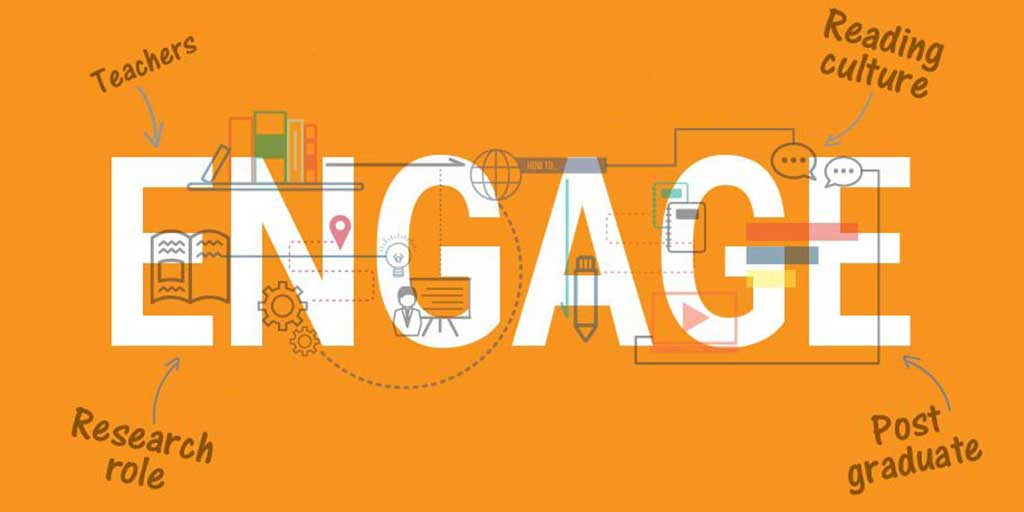Classroom observation: it’s harder than you think
by Professor Robert Coe We’ve all done it: observed another teacher’s lesson and made a judgement about how effective the teaching was. Instinctively...

Login | Support | Contact us
Cambridge Insight : Jan 17, 2020 1:48:00 PM
2 min read

Fundamentally, teachers want to do the best by their students. The ideal end-goal is to be able to send our students out into the world armed with the best education we can provide so that they can go on to become functioning, happy and valuable members of society.
But what is the best education? What does it look like? How do we know that what we’re teaching, or the way we’re teaching, is the best way for our students?
Research and evidence is now the general consensus.
Research is no longer confined to universities or institutions that deal in theories. The value of educational research is more than apparent in classrooms where teachers can put ideas into practice and can collect evidence of what works well to share with colleagues.
There is a clear attraction and desire for research in practice. The Chartered College of Teaching released the Teachers’ Manifesto ahead of the 2019 General Election, which laid out four key goals that they believe the Government should work on to support teachers. Based on the responses of 1000 members, the manifesto makes recommendations on how each goal may be achieved.
One of these goals is that ‘The teaching profession is research-informed’ with recommendations to have:
This comes alongside calls from the Headteachers’ Roundtable and the Universities Council for the Education of Teachers (UCET) to have fully-funded masters level qualifications available to all teachers.
'All teachers' includes the classroom practitioners in the early years to lecturers in further education, which is a lot of education research to cover and make easily accessible to the right teacher.
With edu-toks, researchED and a multitude of blogs from teachers like Phil Stock, we have reached a point where research is becoming more widely available to practitioners. There are several steps that need to be taken before, during and after implementing research into practice before we can have a truly research-informed profession. This includes knowing how to draw up an approach and how to collect relevant data as well as how to evaluate results, taking context and reasonable adjustments into account.
However, having access to research is the starting point. Fostering and building the classroom researcher community will spread and share ideas and evidence. Knowing what to do with it will help us make teaching a research-informed profession.
To start you off, you can access research at:
As a key destination for teachers wanting to develop evidence-informed expertise, access to research is available for all members. Their self-assessment tool for teachers has been designed to help practitioners consider their engagement with research evidence. It can be used to start conversations between teachers and allow them to think about their use of research now and reflect on how they can develop it in their classrooms.
This is a good summary of educational research on teaching 5-16 year olds. There is also a toolkit for Early Years research.
This is a free fortnightly e-newsletter produced in collaboration with the Center for Research and Reform in Education at Johns Hopkins University in the US. The focus is on stories with practical implications for schools and policy makers, and includes only high quality research.
Download or buy research reports and summaries, policy papers, practical guides, classroom materials and CPD tools.
Directs you to key evidence around the processes, structures, resources, leadership and culture in schools that would appear to be most important in developing teaching staff.
Evidence-Based Education: Who should be doing what? By Gary Jones
How schools can engage with research and evidence By Deborah Netolicky
Supporting continuous development in schools – how to develop a culture of practitioner research By Liz Taylor

by Professor Robert Coe We’ve all done it: observed another teacher’s lesson and made a judgement about how effective the teaching was. Instinctively...

In education, translating evidence into practice is a process which involves everyone, from classroom-based teachers, to school leadership teams,...

It makes sense that the most effective teaching methods are used in classrooms, and that the most effective leadership and governance practices are...